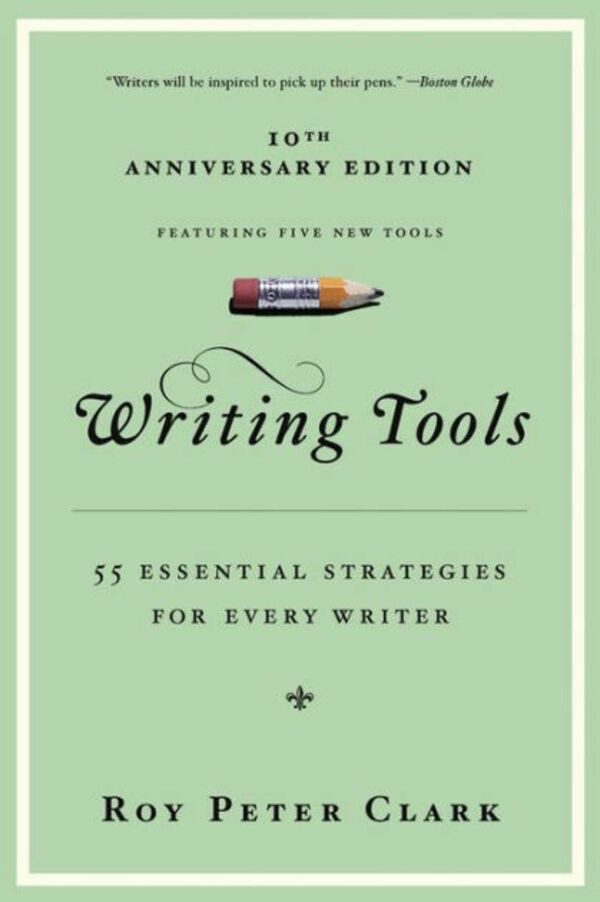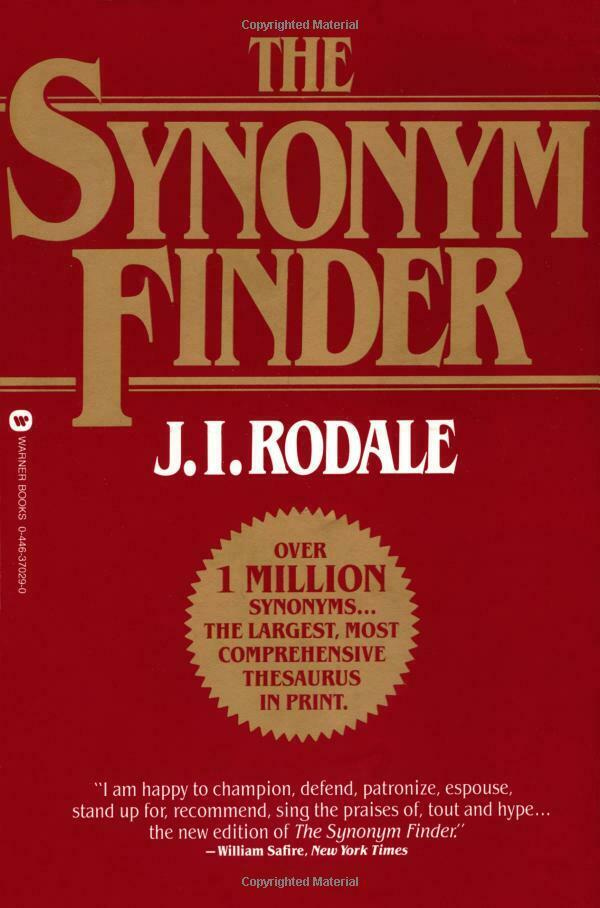Five Rituals of Wealth
How to get rich slow
Wealth seems to grow out of a discipline, a habit, a practice that is applied daily and harvested decades later. Not everyone wants to accumulate a pile of money; but most people would like true wealth. This guide addresses that desire. I’ve gone through the entire New York Times bestseller list of how-to-get-rich books, and beyond. This is the book that most matches my own experience, and what I observe of the rich around me. It’s wise where there is often little wisdom, and yet practical, but not so practical it goes out of date. (For that kind of advice see Andrew Tobias’s The Only Investment)
— KK
Five Rituals of Wealth
Tod Barnhart
1995, 189 pages
$5
Harper Business
Amazon
Excerpt
The biggest lie people tell themselves about wealth is that if you make more money, you'll be rich.
*
Here's the problem: Most of us have been taught little or nothing about wealth. Most people grow up believing they should pay all their bills first and then play with what's left. There's some sense to that strategy. Certainly, it teaches us responsibility as debtors. The thing is, we've never been told that we count as much as our creditors. No one has ever said it's okay to save and pay ourselves first.
*
All the time I hear people say, "If I just earned more money, then I could feel wealthy or pay my bills or use money as a tool to do good things, or save for my future." The lists seem to go on forever, but believe me when I say: Before significant wealth will come your way and stay, you have to master the money you already control.
*
When it comes to saving and investing for your future, the historical rule of thumb is 10 percent. Save 10 percent of your income every single month and you'll grow wealthier than you dreamed possible.
*
In some circles, budgeting is a plan for the future -- not a record of the past. I prefer to keep track of my expenses as I spend, rather than plan a budget out to the year 2010. That just feels too constraining. I call my as-you-spend record keeping "take-control budgeting" and recommend it over forward-planning your expenses. I think there are just too many variables in our spending patterns to plan our future expenditures to the dollar. Furthermore, I think that most people find the money to buy the things they really want or need, so the goal here is to be aware enough of your cash flow to spend money only on things you really want. This awareness is accomplished by prioritizing your expenditures, which will be explained shortly. I think you'll find, as I did, that if you just keep a record of your prioritized expenses and balance them every month against your income, you'll instinctively know what to do next.
*
So successful investing is not a matter of which new theory is hot lately, or when to buy low and when to sell high. It's a matter of getting invested, staying invested, and reinvesting the dividends over time. The accumulation of wealth is virtually that simple if you side with time.
*
To many people approach being a giver from the wrong perspective. They look at the resources they possess and invariably fail to see any "extra" they can part with. That's wrongheaded thinking. Remember: If you don't feel secure enough to give, you'll never feel wealthy at the deepest level.
*
You can't give just a tiny bit and sit back, waiting for your ship to come in. You have to give with selflessness. And, if you don't feel like you can, then you must. It's the only way you can break free. We've already established how wealthy you really are, regardless of your situation. You know that you're wealthier than the majority of the world. You have to ask yourself: How rich is rich? How much is enough? How wealthy will I have to be before I become a good steward?
You know the answer: It all starts in the belief that you're wealthy right now.









